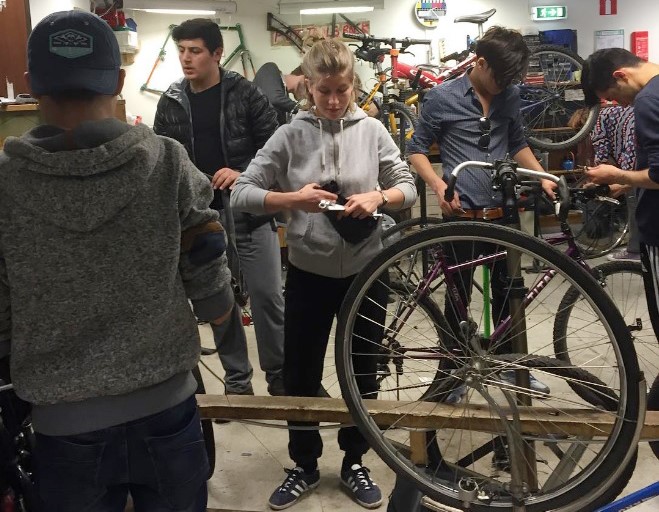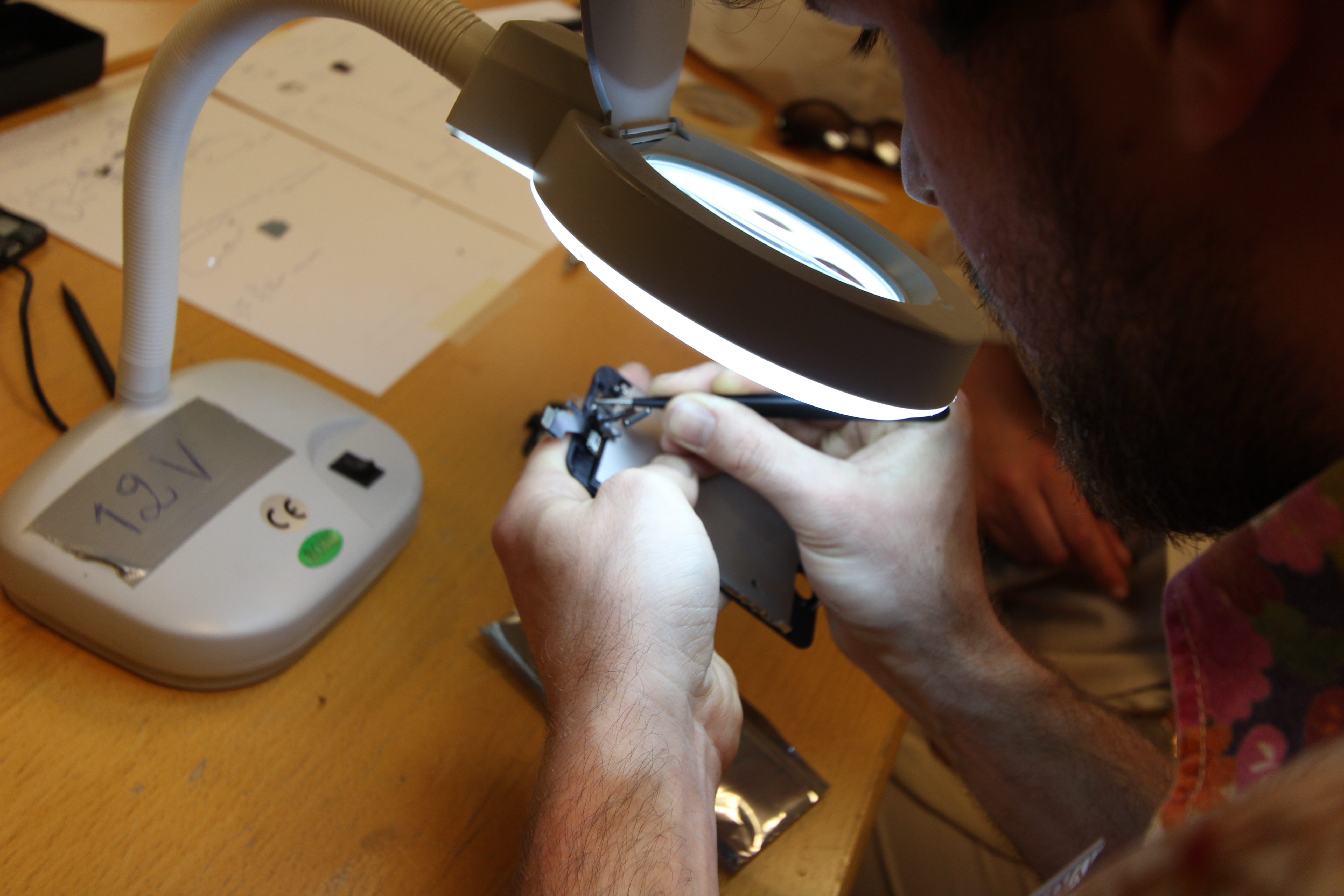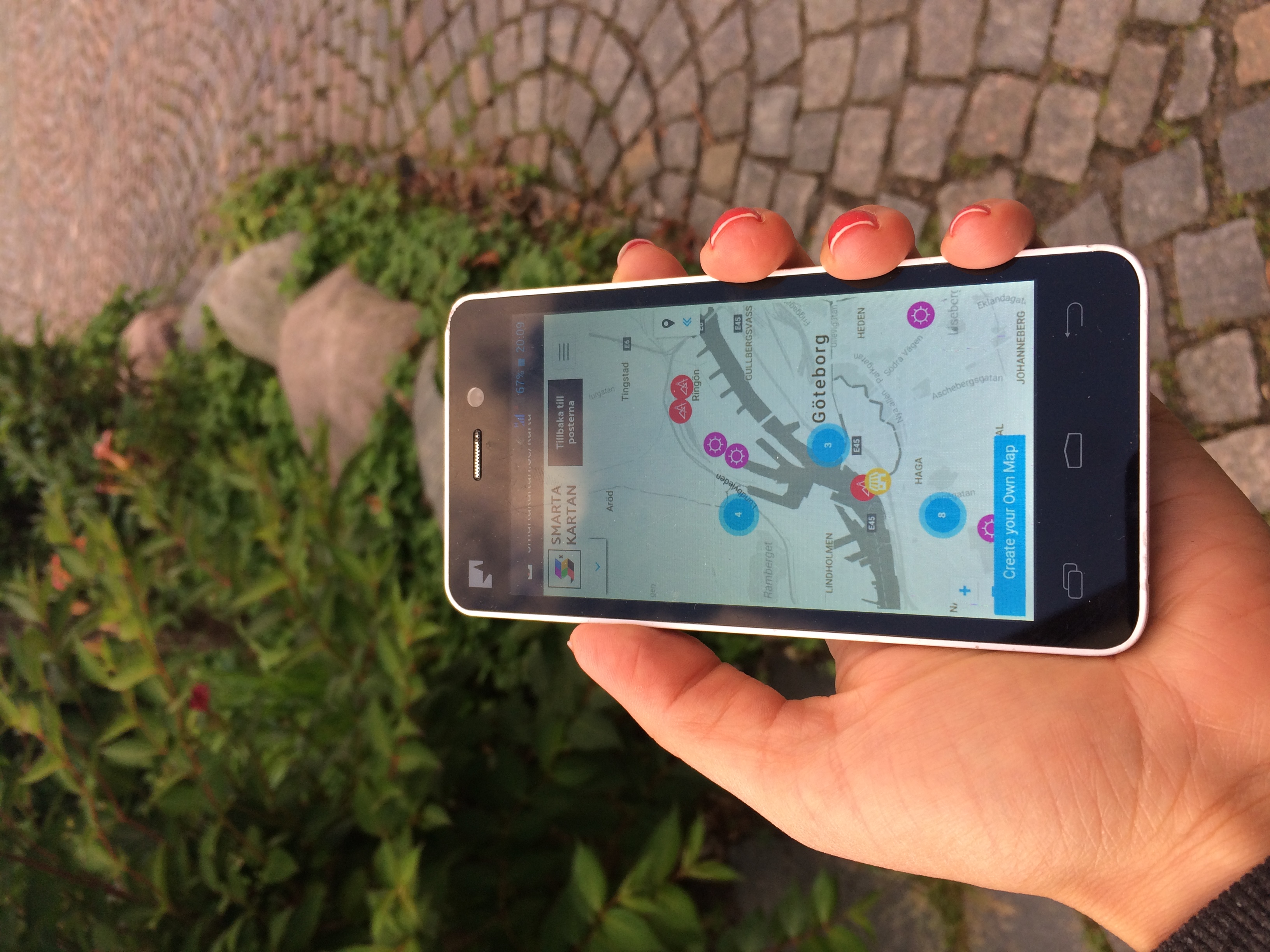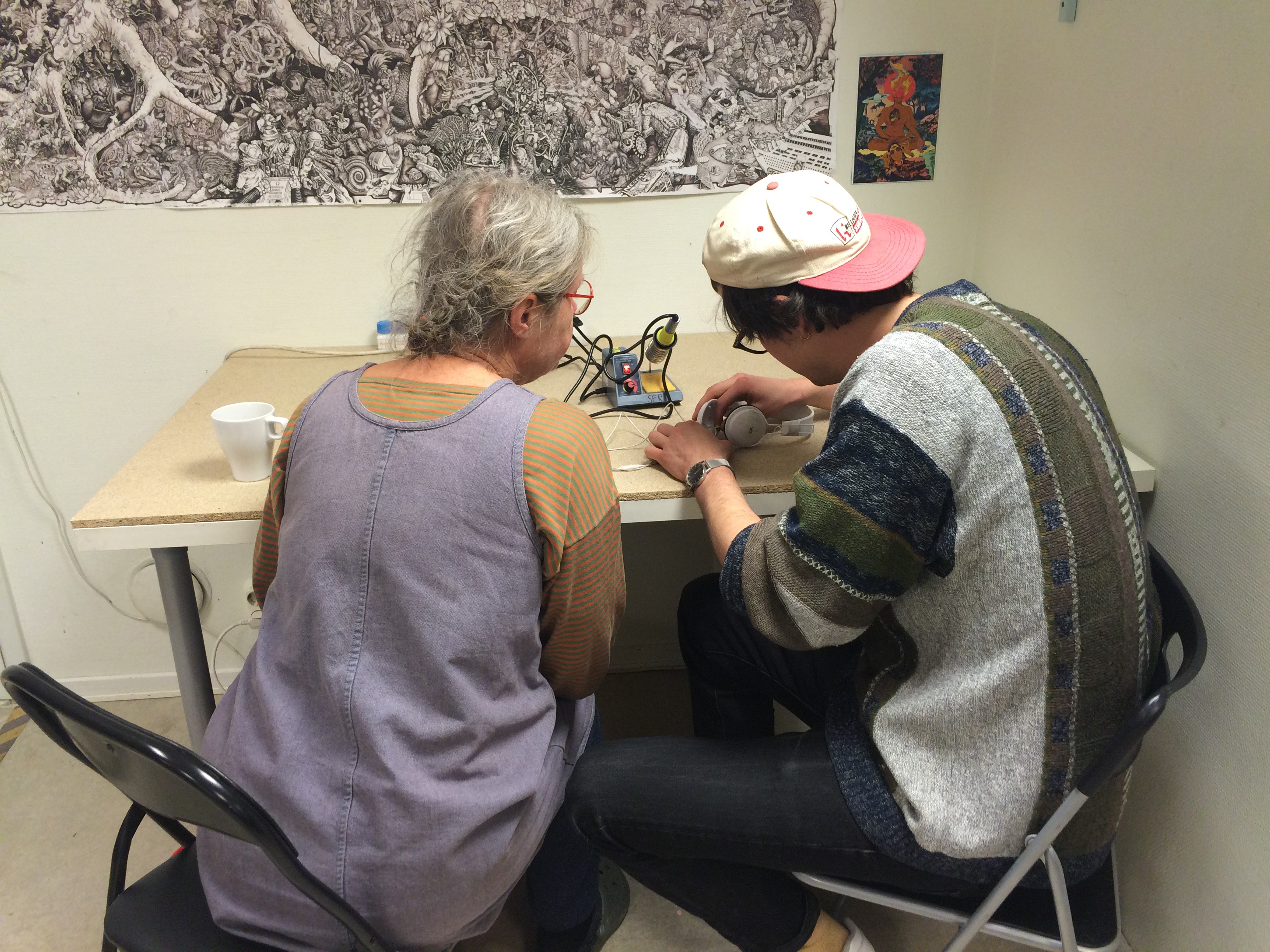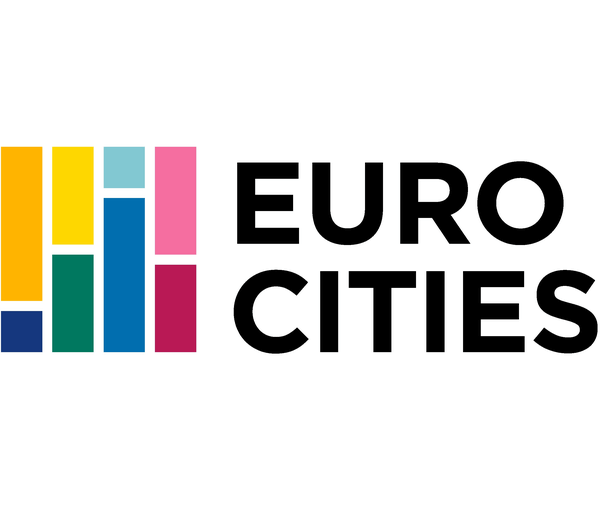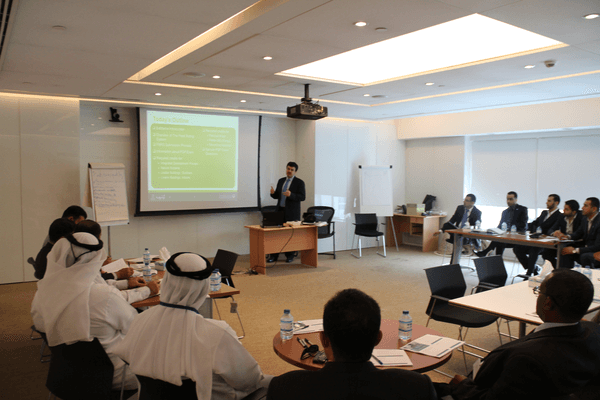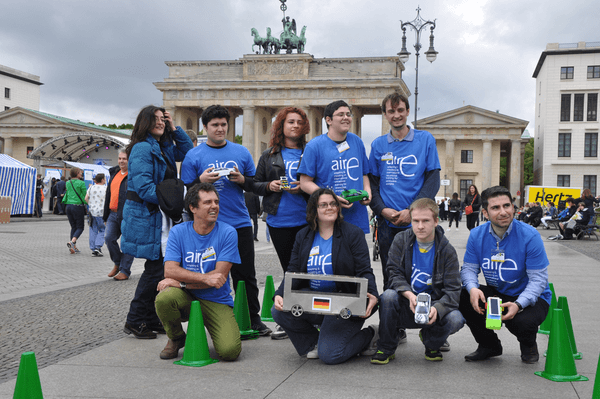Status
ongoing
50%
City
Gothenburg
Main actors
City Government, Community / Citizen Group, NGO / Philanthropy
Project area
Whole City/Administrative Region
Duration
Ongoing since 2016
The city of Gothenburg's Smart Map platform shows residents where they can find things to hire, borrow, share or swap while simultaneously helping to reduce consumption based emissions and create services for the sharing economy.
Smart map is a digital map based on the participation of local residents and supported by the city government and the Collaborative Economy Gothenburg (KEG). Smart Map promotes a sustainable lifestyle by encouraging citizens to find alternatives to consumption, promotes access rather than ownership, facilitates new ways of connecting and encourages a strong sense of community.
Using social media channels, the city government invites citizens to participate in "map jam" events, where a dedicated group of people get together for a brief period, say three hours, to map as many sharing services in their city or town as possible. Smart map currently showcases more than 100 organisations and is continually evolving. The map's search functionality is very flexible, allowing users to search for initiatives by name, sector or activity. Smart Map highlights current and upcoming activities and networks throughout the city.
Originally published by EUROCITIES, the network of 130 European cities - PDF: http://nws.eurocities.eu/MediaShell/media/participation_Gothenburg.pdf
Eurocities Awards
This project was awarded the 'Eurocities Awards' in 2017 in the following category: Participation.
External links / documents
On Map
The Map will be displayed after accepting cookie policy
